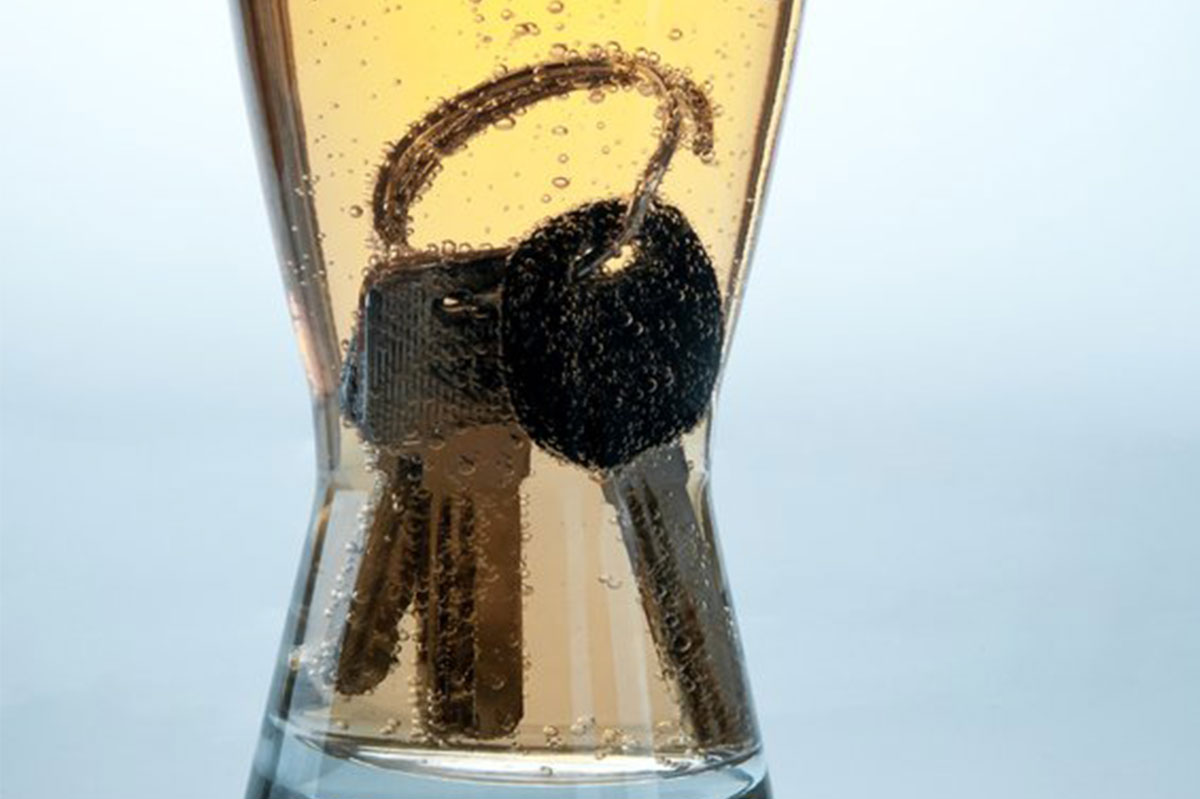If you have a DUI (driving under the influence) arrest, it’s important to talk to an attorney who can explain your options before you enter a final plea to the charge. How you decide to handle the situation can have a lasting impact on your continuing education and future employment opportunities. Even a misdemeanor, or first offense, drunk driving conviction can have far-reaching consequences. Here’s a look at just some of them.
Driver License Suspension
Your state’s motor vehicle department may suspend your driver’s license following a DUI arrest. Although some states will not automatically suspend your license at arrest, they will suspend it for refusing to take a field sobriety test.
If you are convicted of driving under the influence and lose your license for a time, you may need your auto insurance company to file an SR-22 certificate with your state’s department of motor vehicles. Because you’ll be classified as a high-risk driver, an SR-22 serves as proof that you meet the state’s minimum auto insurance requirements when your driver’s license is reinstated.
Denial of College Admission
Since many colleges require that you list any arrests or criminal convictions on your application form, the school’s policy may deny you admission. While some schools may still admit you with a DUI arrest or conviction on your record, a university may deny you admission if you fail to disclose the information on your application.
If you are arrested or convicted of DUI while attending college, failing to report the DUI to school officials can result in temporary or permanent suspension. But even a temporary suspension can affect any financial aid or scholarships you’ve been awarded.
Even if a college has a more lenient policy toward DUI arrests that do not result in felony convictions, you won’t be admitted into certain degree programs that require a license or professional certification to practice in the field once you complete your degree, such as nursing or law. State licensing agencies normally don’t issue licenses to individuals who have a DUI felony conviction or multiple misdemeanor DUI arrests.
Job Rejection
Regardless of whether a particular job requires a special license, some employers have a policy against hiring anyone with a criminal record, including a DUI conviction. Many employers, as well as their insurance companies, see you as a greater liability risk, increasing the insurance rates the employer pays.
Jobs that involve driving or the use of a company vehicle may be hard to come by too. A DUI conviction on your driving record can disqualify you for many types of jobs, such as truck driving, delivery, and cab driving, at least for a time.
Other Negative Consequences
If you receive a felony DUI conviction, you may lose your right to vote for a while and be restricted from traveling to certain foreign countries that choose not to allow convicted felons to enter. You won’t be able to serve on a jury or purchase, own, and carry firearms.
Although the negative consequences of a DUI conviction are many, if you maintain clean criminal and driving records afterward, there’s a chance that a lawyer can help you have the conviction removed from the public record.
Expungement of a DUI Conviction
Depending on the state in which you reside, if you receive probation, you can later petition the court to expunge the DUI conviction from your record. Generally, you can’t apply for expungement of your DUI record if you are sentenced to jail time or fail to comply with the terms of your probation, which may include alcohol or drug counseling.
However, if you successfully complete your probation, a judge may grant your motion to remove the DUI conviction from your record. In that case, employers and college administrators will no longer be able to see those records when performing a criminal background check.
If you need help understanding the implications of a DUI conviction, the attorneys at Mesenbourg & Sarratori Law Offices are available to offer you sound legal advice on how to proceed.

